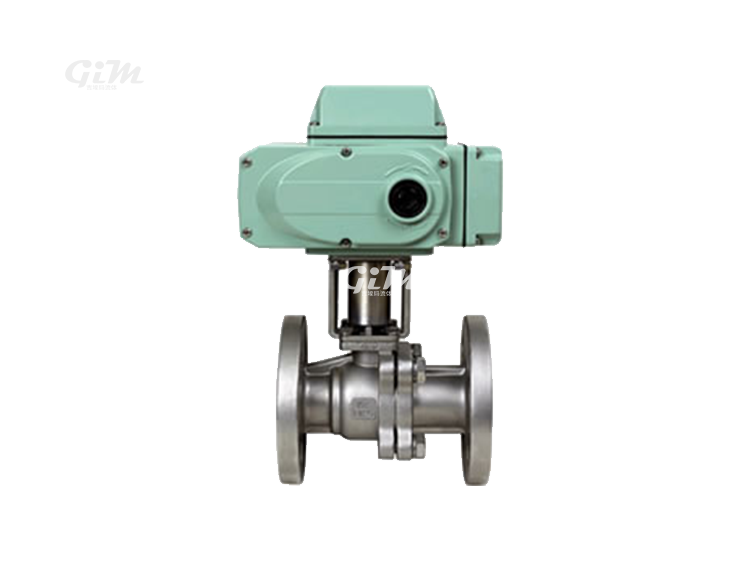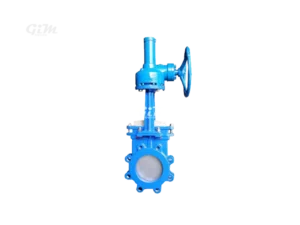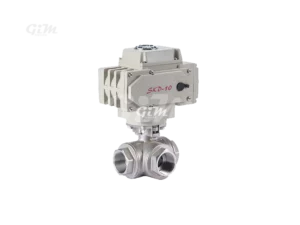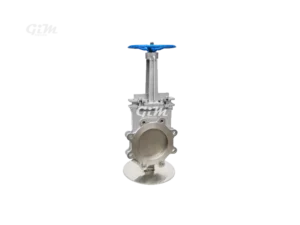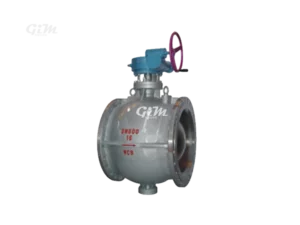Floating hard-seal electric ball valve
- Support Customization
- Two-Year Warranty
- Global Shipping
- Multiple Payment Methods
Overview:
Floating Hard-Seal Electric Ball Valves are precision-engineered devices designed for controlling the flow of fluids in various industrial applications. They combine the benefits of electric actuation with a floating hard-seal ball mechanism to provide reliable, durable, and efficient control over fluid flow.
Product Features:
- Design and Construction:
- Floating Hard-Seal Mechanism: The valve features a floating ball that is not fixed to the valve stem. This allows the ball to move slightly, enhancing sealing performance under pressure. The hard-seal design ensures durability and resistance to wear.
- Electric Actuation: Equipped with an electric actuator, the valve allows for remote control and automation, providing precise and efficient operation. The actuator typically includes a servo motor that drives the valve open or closed based on electronic signals.
- Materials and Construction:
- Body Material: Often made from high-quality carbon steel, stainless steel, or other alloy materials to withstand various environmental and operational conditions.
- Ball Material: The ball and seat materials are selected for their hardness and resistance to corrosion, such as chrome-plated steel, stainless steel, or specialized alloys.
- Sealing Material: The hard-seal components are usually made from materials like tungsten carbide or ceramic, ensuring excellent sealing performance and resistance to high pressures and temperatures.
- Pressure and Temperature Ratings:
- Pressure Rating: Typically available in various pressure ratings, often including PN16, PN25, PN40, or higher, depending on the design and materials used.
- Temperature Range: Designed to handle a wide range of temperatures, commonly from -29°C to 500°C, depending on the materials and construction.
- Operational Performance:
- Flow Control: Provides precise control over fluid flow with minimal leakage and efficient operation. The floating ball design ensures effective sealing and reduces flow resistance.
- Actuation Speed: The electric actuator allows for quick and reliable opening and closing of the valve, improving system efficiency and responsiveness.
- Installation and Maintenance:
- Installation: Designed for easy installation with standard flanged or threaded connections. The valve can be installed in various orientations, depending on the application requirements.
- Maintenance: Requires regular maintenance to ensure optimal performance. This includes checking the actuator, seals, and ball mechanism for wear and ensuring the electrical connections are secure.
- Applications:
- Industrial Processes: Suitable for controlling the flow of various fluids in chemical, petrochemical, and manufacturing processes.
- Water Treatment: Used in water treatment facilities for regulating the flow of water and chemicals.
- HVAC Systems: Ideal for controlling the flow of hot or cold fluids in heating, ventilation, and air conditioning systems.
- Advantages:
- Reliable Sealing: The hard-seal design provides excellent sealing performance, reducing leakage and improving system efficiency.
- Remote Operation: The electric actuator allows for easy remote control and automation, enhancing operational flexibility.
- Durability: Constructed with high-quality materials, ensuring long-lasting performance and resistance to harsh conditions.
Conclusion:
Floating Hard-Seal Electric Ball Valves offer a robust and reliable solution for fluid control in various industrial and commercial applications. With their hard-seal mechanism and electric actuation, they provide precise control, durability, and efficient operation, making them suitable for demanding environments and automated systems.


